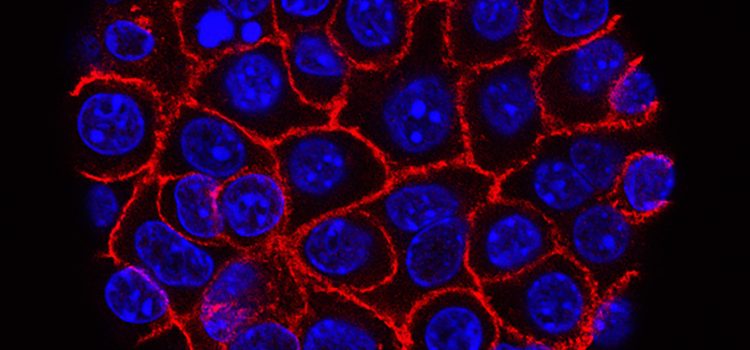
Pancreatic cancer is a highly aggressive cancer that is often diagnosed in its later stages, making it one of the deadliest forms of cancer. However, with early detection, treatment options are more effective, and the chances of survival are significantly improved. In this article, we will discuss the top warning signs of pancreatic cancer that individuals should be aware of.
The pancreas is a vital organ located behind the stomach that produces enzymes that aid in digestion and hormones that regulate blood sugar levels. Pancreatic cancer occurs when abnormal cells grow uncontrollably in the pancreas, forming a tumor. Unfortunately, early-stage pancreatic cancer often does not cause any symptoms, which is why it is crucial to be aware of the warning signs and risk factors.
Here are the top warning signs of pancreatic cancer to watch out for:
- Jaundice: A yellowing of the skin and whites of the eyes, which occurs when there is a buildup of bilirubin, a waste product that is normally excreted by the liver.
- Abdominal Pain: Pain in the upper abdomen or back, which can be dull or severe, and is often worse after eating or lying down.
- Unexplained weight loss: A sudden and unexplained loss of weight, even when eating normally, can be a sign of pancreatic cancer.
- Loss of Appetite: A reduced desire to eat, which can be a symptom of many health conditions, including pancreatic cancer.
- Nausea and Vomiting: Feeling nauseous or vomiting, which can be a sign of many health conditions, including pancreatic cancer.
- New-onset Diabetes: The development of diabetes later in life, especially in individuals who are not overweight or have a family history of diabetes, can be a warning sign of pancreatic cancer.
- Fatigue: Feeling unusually tired or weak, even after getting enough rest, can be a symptom of pancreatic cancer.
It is important to note that these symptoms can also be caused by other health conditions, and having one or more of these symptoms does not necessarily mean that an individual has pancreatic cancer. However, if an individual experiences any of these symptoms for an extended period, it is essential to consult a healthcare provider to rule out pancreatic cancer or any other underlying condition.
Early detection is critical in improving the prognosis for individuals with pancreatic cancer. If diagnosed at an early stage, the chances of survival are significantly improved, and treatment options are more effective. Therefore, it is crucial to be aware of the risk factors and warning signs of pancreatic cancer.
Risk factors for pancreatic cancer include smoking, obesity, a family history of pancreatic cancer, chronic pancreatitis, and age, with most cases occurring in individuals over the age of 65.
In conclusion, early detection is key in improving the prognosis for individuals with pancreatic cancer. By being aware of the top warning signs and risk factors of pancreatic cancer, individuals can take action early and seek medical advice promptly. If you or a loved one experience any of these symptoms, do not hesitate to consult a healthcare provider. Remember, detecting pancreatic cancer early can save lives.










